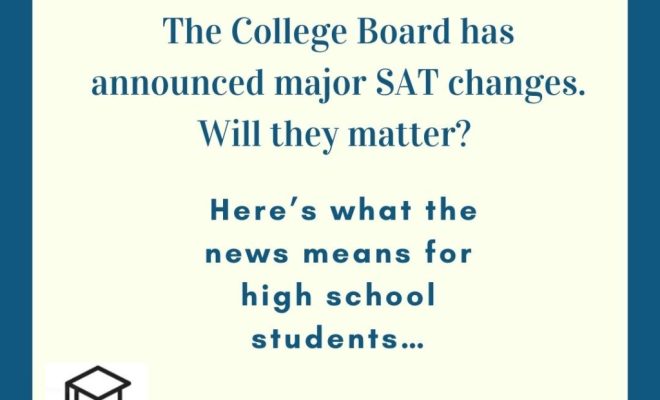How Can We Fix Chronic Absenteeism in America’s Schools?

Recent studies have shown that 1 in 7 American students miss up to a month of school. Amounting to almost 8 million students, the numbers continue to grow. Chronic absenteeism is a very active condition in our schools, with serious consequences.
Chronic absenteeism in elementary school students and below inhibit early development, with these students missing educational milestones. Additionally, secondary school students with chronic absence have a higher chance of dropping out of high school. This will follow students into adulthood as well, leading to harmful and unhealthy behavior reports the Department of Education, such as substance abuse. This behavior could also inhibit any attempts these adults could make in improving their socioeconomic status, such as being able to hold down a job. So how can we encourage students to show up?
Start at home
Have an open dialogue with parents and family members about the importance of attendance, making clear how chronic absences will affect the student. Discuss the conditions of the home to get an understanding of the things that may be keeping a student from school. Working closely with family and keeping communication lines open could potentially encourage parents to become more invested in getting their child to school consistently. Furthermore giving parents a direct person, or caseworker, to collaborate with will help them feel supported by the school system and therefore more motivated to do their part at home.
Hold Schools Accountable
Schools must put together a team whose focus will solely be on improving attendance. This team will collect and evaluate data on absences, gather resources, and be responsible for connecting students, families, faculty, staff, and other related personnel. This team should also be responsible for contacting families on a regular basis to keep up to date on students.
Schools should also create a school environment, or culture, that will motivate students to go to school. Schools would have to analyze themselves from the ground up, taking into account all aspects of the environment they are creating for students. This includes facilities, resources, curriculum, after-school programs, teacher performance, etc. Specifically, relations between teachers and staff must be examined and considered. On top of that, schools need to be diligent about observing student-student relationships. This is especially important in the context of bullying, which is counted as one of the major reasons students are chronically absent.
In addition, schools should also give recognition to good attendance through awards, prizes, and celebration of academic improvements (i.e. higher grades, better scores, etc.).
Involve the Community
Schools and communities should come together and organize mentoring programs, work with city transit departments and health groups in order to give students and their families different avenues to pursue outside of school. By connecting students with adults or other youth, absentee students will feel supported while being held accountable for their attendance at school.
Work in Policy
In an attempt to address chronic absenteeism in schools, the Department of Education passed the Every Student Succeeds Act (ESSA) in 2015. This federal law requires school districts to include chronic absences as part of their yearly reports. States were charged with maintaining accountability when logging school absences. However, in the trickle down effect of putting this federal law into action, States were left to create their own policy. Then, when policy reached districts, it was left up to them to determine the details. This means that the definition of an “absence” varies from district to district, from state to state, and the information gathered is not always consistent or accurate.
Districts and schools must work together to establish goals to improve and sustain better attendance; these goals will ensure that districts and schools are held accountable and will focus their efforts continuously.
Ensuring that students make it out the doors of their homes and then through the gates of school is a group effort. Chronic absenteeism must be addressed at every level, from the top with policymaking, to districts, to schools, and then to the space of the home. Only if all of these parts work together can chronic absenteeism be improved.






